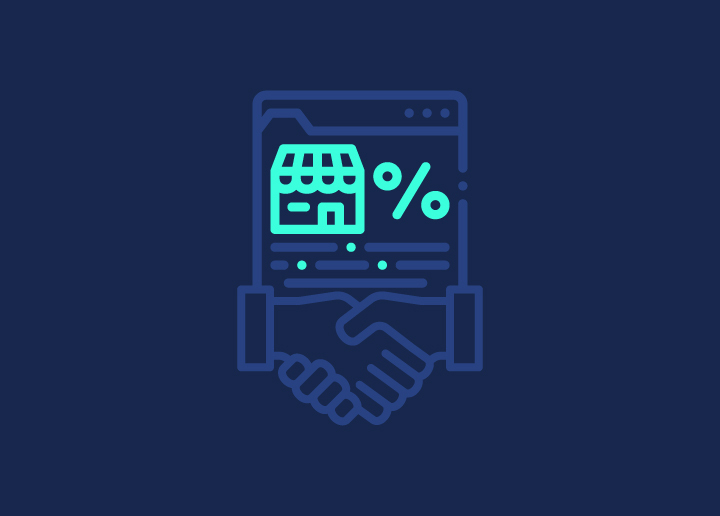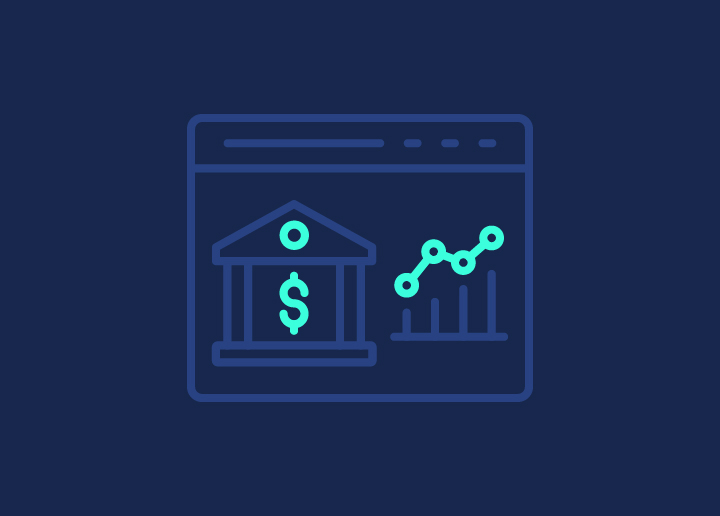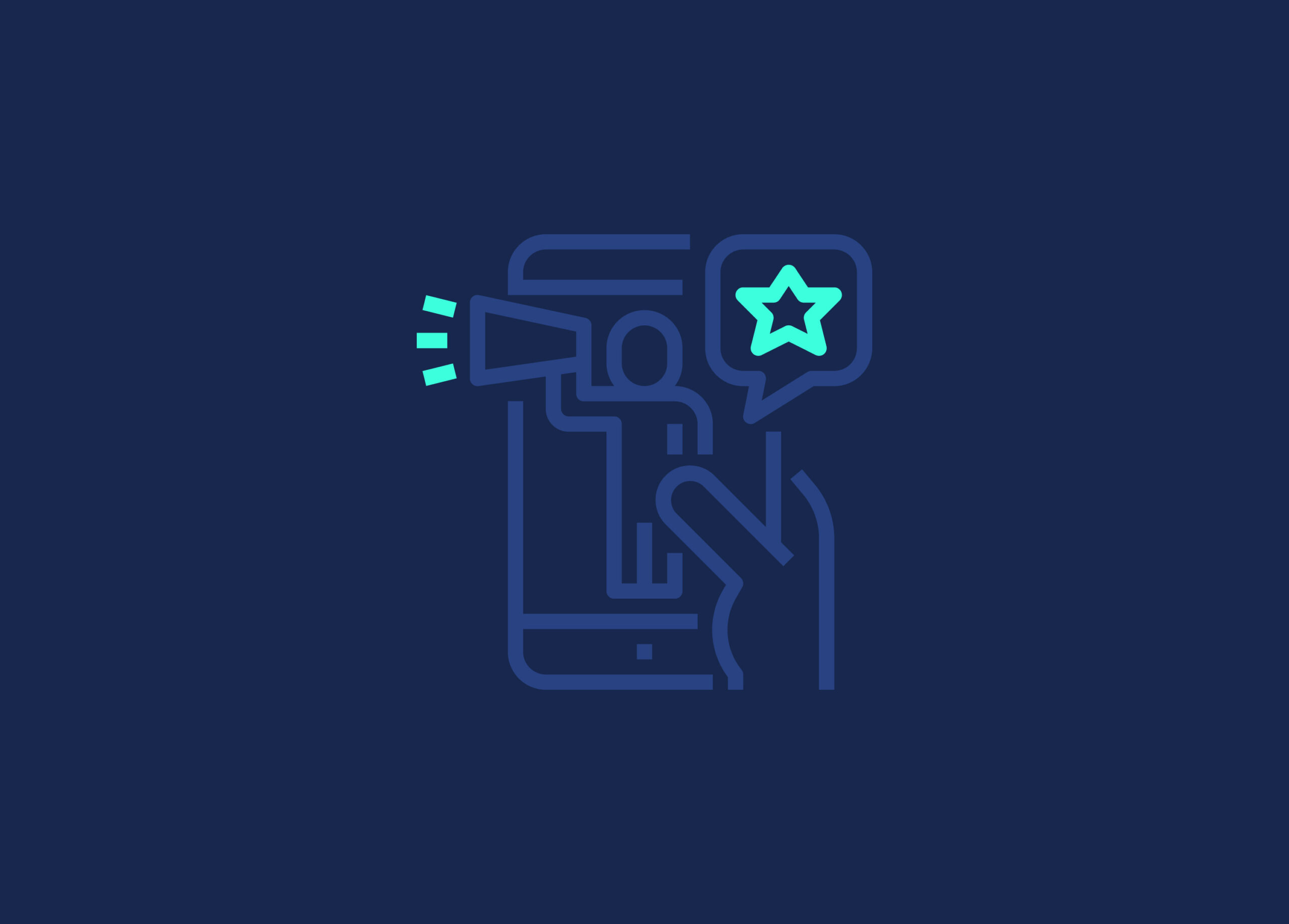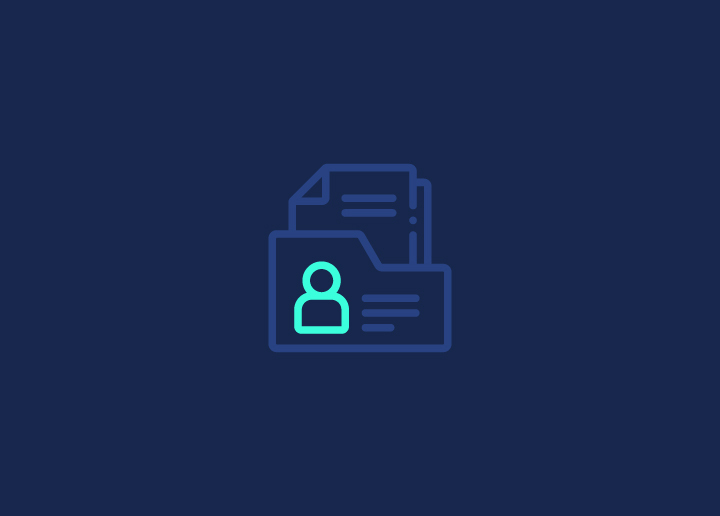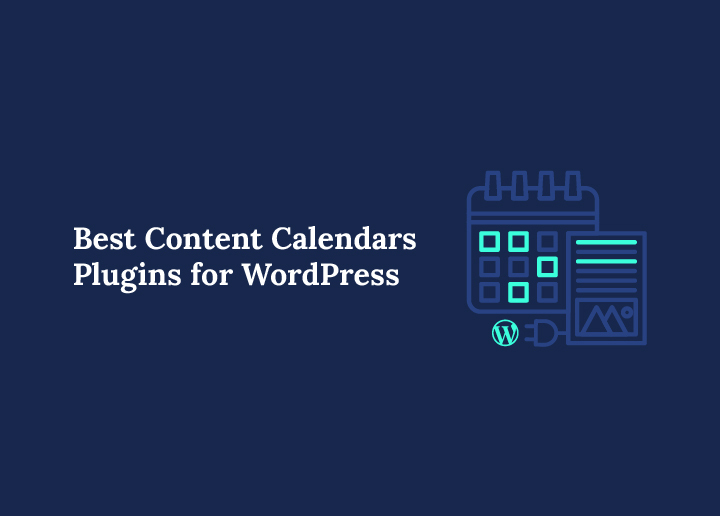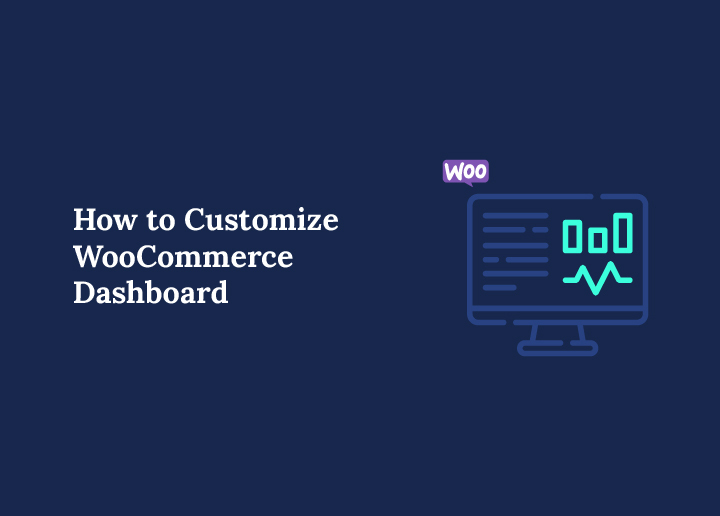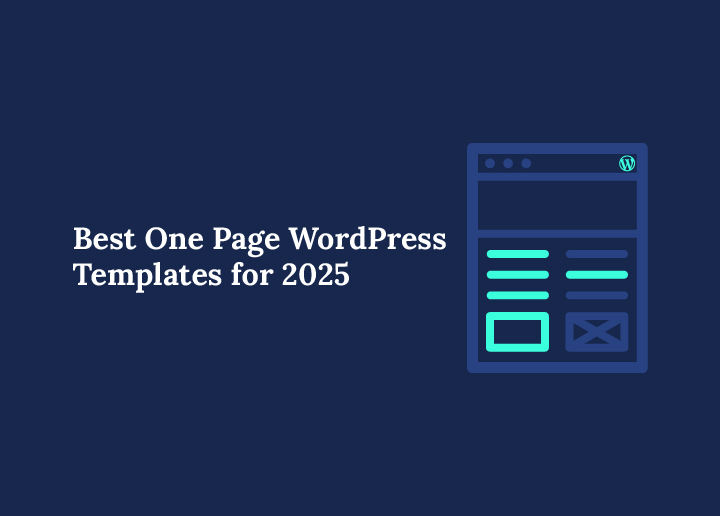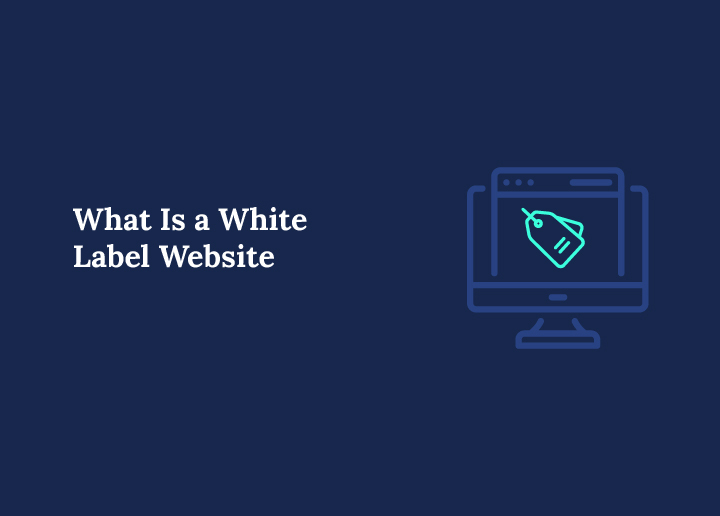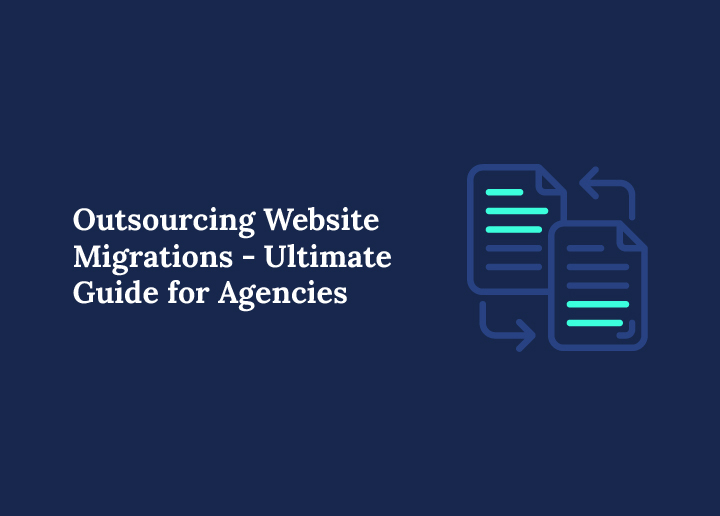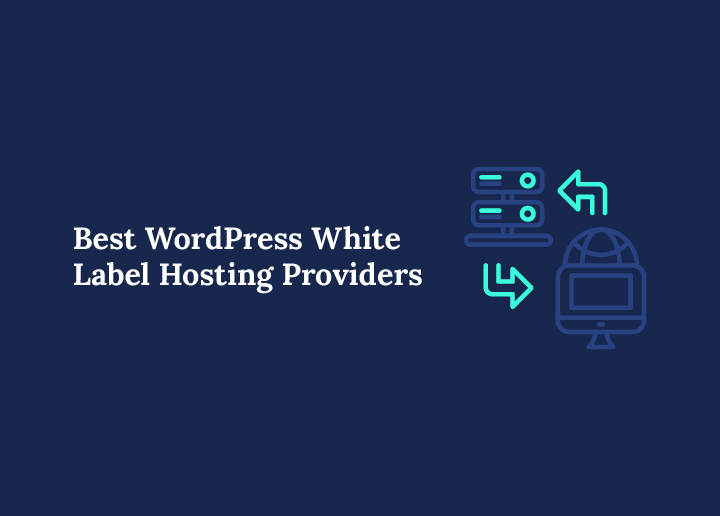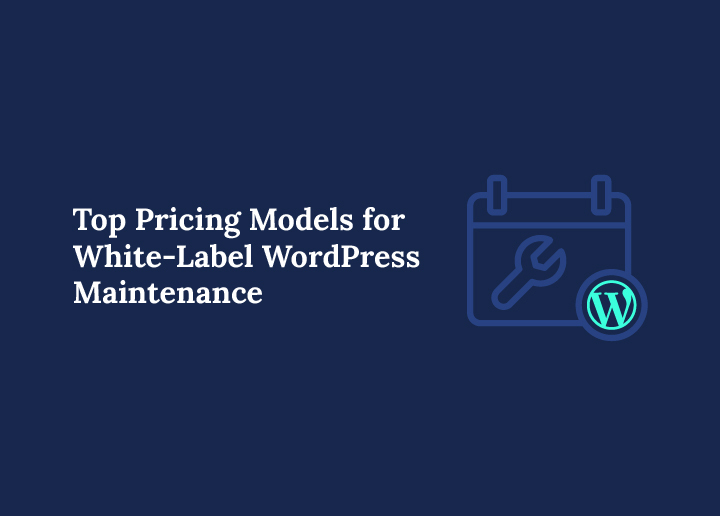In today’s competitive digital marketplace, businesses and agencies are constantly seeking ways to scale their services and meet client demands without overextending resources. For many, the solution lies in white-label website—a revolutionary approach that enables agencies to offer expert-crafted websites without doing all the heavy lifting themselves.
Think of it like ghostwriting but for web development: someone else builds the website, but your brand takes the credit. Whether you’re a small digital marketing agency or a large-scale business looking to expand your offerings, understanding the concept of white-label websites can open new doors of opportunity.
In this guide, we’ll explore what white-label websites are, their features, advantages, and how they can revolutionize your agency’s offerings—especially when it comes to WordPress development.
What Does “White-Label” Mean?
White labeling is a business model where a product or service is created by one company but sold by another under its own branding. It allows businesses to expand their offerings without the need for in-house production.
Everyday Examples of White-Labeling
- Private-Label Grocery Products: Many grocery stores sell products under their own brands, such as Costco’s “Kirkland Signature” or Target’s “Good & Gather.” These products are manufactured by third parties, but the store takes full credit for them.
- Ghostwriting: Ghostwriters create books, articles, or speeches for public figures who take full credit for the content. The writer remains behind the scenes, allowing the celebrity to shine.
- Rebranded Software (SaaS): Some software companies allow businesses to rebrand their tools and sell them as their own. For instance, a project management tool can be rebranded with the reseller’s logo and interface design.
The core idea is simple: use the expertise of a third party while taking full credit for the final product. This model works seamlessly in the digital world, particularly for website development.
Read More: Private Vs. White Label: Which One Is Better?
White Label Websites: Your Agency’s Secret Weapon!
Why build from scratch when you can deliver premium websites effortlessly? With white-label WordPress services, you stay in control while we handle the heavy lifting. Your clients will never know, but they’ll always be impressed!
What Is a White-Label Website?

A white-label website is a website built by a third-party service provider but branded and sold under another company’s name. Think of it as outsourcing website development while maintaining complete ownership and branding of the final product.
How Does It Work?
- Step 1: Your agency collects requirements from the client.
- Step 2: A white-label service partner develops the website, handling everything from design to coding.
- Step 3: The finished website is delivered to the client with your agency’s branding, keeping the white-label provider completely invisible.
This model is particularly effective for agencies that want to offer white-label WordPress development services without investing in in-house teams.
Key Features of a White-Label Website
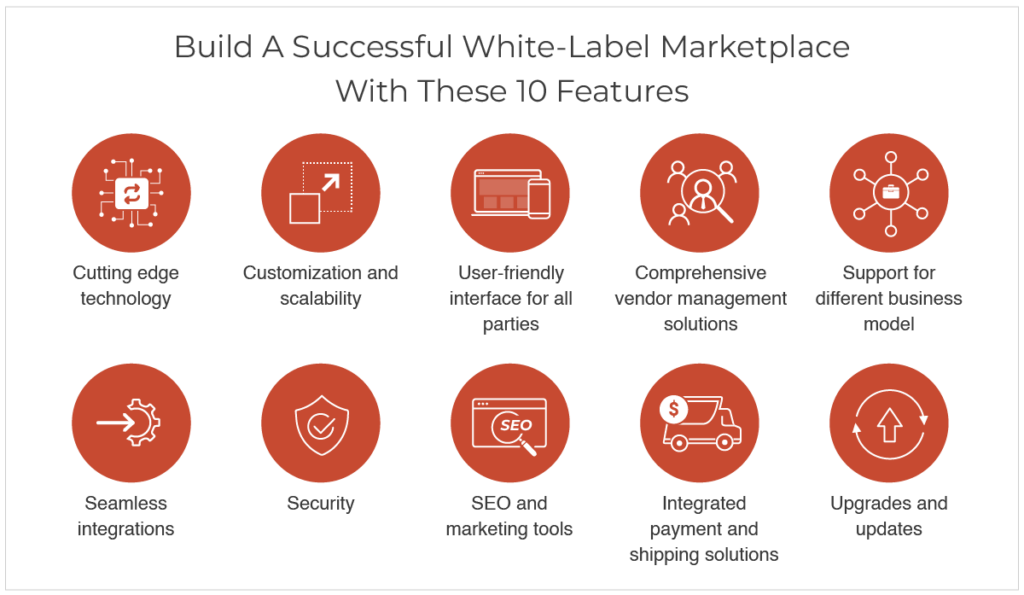
White-label websites are crafted to provide agencies with a seamless solution for delivering high-quality websites under their own branding. Here are the key features that make them stand out:
1. Customization to Match Your Brand
White-label websites are fully customizable to align with your agency’s branding. This includes:
- Adding your logo and brand colors.
- Personalizing website layouts and features to meet specific client needs.
- Ensuring that the end-user experience reflects the client’s expectations.
2. SEO Optimization
Every white-label WordPress website comes with built-in SEO features to help improve search engine rankings, such as:
- Optimized page load speeds to enhance user experience.
- Structured metadata, including titles, descriptions, and schema markup.
- Mobile-friendly designs, ensuring compatibility across devices.
3. Scalability
Whether your client needs a simple blog or a fully functional e-commerce store, white-label websites are built to scale. They can include:
- Advanced features like membership portals, payment gateway integrations, or chatbots.
- The ability to handle traffic spikes as your client’s business grows.
4. User-Friendly Admin Panels
Most white-label WordPress websites are built with intuitive admin dashboards, allowing clients to:
- Easily update content like blogs and product listings.
- Manage orders, customer data, or analytics without technical expertise
Advantages of White-Label Websites

White-label websites offer a cost-effective, scalable solution for agencies to deliver high-quality websites without the need for in-house expertise. Here are the key benefits they provide:
1. Time-Saving
Developing a website from scratch takes time, requiring significant effort and resources. White-label providers streamline the process by:
- Using pre-built frameworks and tools that reduce development time.
- Employing experienced developers who deliver projects quickly and efficiently without compromising quality.
2. Cost-Efficiency
Building an in-house team comes with high overhead costs, including salaries, training, and infrastructure. White-label solutions are cost-effective because they:
- Operate on a project-based pricing model, making budgeting predictable.
- Eliminate the need for full-time staff, significantly reducing operational expenses.
Learn: Why Digital Agency Should Have a White-Label WordPress Partner
3. Brand Recognition
White-label websites let you deliver professional results while keeping your brand front and center. This allows you to:
- Build your reputation as a full-service digital agency offering end-to-end solutions.
- Strengthen client trust and loyalty by delivering high-quality websites under your branding.
4. Access to Expert Developers
White-label providers offer access to skilled professionals who specialize in various aspects of web development. This ensures:
- Adherence to professional coding standards, resulting in efficient and error-free websites.
- Integration of advanced features and designs that enhance user experience and functionality.
Related: Best White-label Agencies to Look Out For
5. Focus on Core Business
By outsourcing website development, your team can focus on what they do best. This includes:
- Expanding your client base through marketing, sales, and strategic planning.
- Growing your business without being bogged down by technical development tasks.
6. Enhanced Client Retention
Offering comprehensive and high-quality website services allows your agency to meet diverse client needs. This leads to:
- Improved customer satisfaction as clients receive the results they expect.
- Increased opportunities to upsell additional services, such as SEO or website maintenance, creating a loyal client base.
How to Overcome Challenges

While white-label websites offer numerous advantages, they also come with challenges that agencies must address to ensure smooth project execution. Here’s a closer look at these challenges and their potential impact:
Lack of Control
When outsourcing development, agencies often experience a reduced level of control over the project, which can result in:
- Concerns about Quality and Consistency: Since the actual development is in the hands of a third party, ensuring that the work aligns with your agency’s standards can be challenging.
- Misalignment with Client Expectations: The lack of direct oversight might lead to discrepancies between the client’s vision and the delivered product.
To mitigate this, agencies must establish clear communication and detailed guidelines with their white-label partners.
Inconsistent Quality
In some cases, multiple developers working on different projects can result in:
- Varying Standards in Design and Coding: Differences in coding practices or design philosophies may lead to inconsistent results across projects.
- Websites That Don’t Meet Quality Benchmarks: This could tarnish your agency’s reputation if the final product doesn’t align with your client’s expectations.
Agencies should partner with reputable providers that have rigorous quality assurance processes to ensure consistency in deliverables.
Explore: Best Practices for Online Reputation Management
Communication Barriers
Outsourcing to teams in different time zones or with language differences can present challenges such as:
- Delays in Project Delivery: Time zone differences may slow down response times and extend project timelines.
- Misunderstandings Regarding Project Requirements: Language gaps or unclear communication can lead to errors in execution or mismatched expectations.
Using robust project management tools and scheduling regular check-ins can help bridge these communication gaps effectively.
Managing Client Expectations
A lack of clarity in briefs and project deliverables can result in:
- Unmet Client Expectations: Clients may feel disappointed if the final website does not align with their initial vision or requirements.
- Dissatisfaction and Loss of Trust: This can harm your client relationships and potentially affect future business opportunities.
Providing detailed project briefs and maintaining regular updates with the client ensures that expectations are aligned throughout the development process.
Explore: Comprehensive Client Onboarding Checklist Every Digital Agency Needs
Conclusion
White-label websites offer agencies a game-changing solution to expand their service offerings without the need for in-house development teams. From saving time and reducing costs to enhancing branding and accessing expert developers, these solutions empower agencies to deliver high-quality websites that exceed client expectations. By overcoming challenges like communication barriers and quality control, agencies can unlock the full potential of white-label partnerships.
For agencies looking to scale their business, improve client retention, and focus on core competencies, white-label websites provide a seamless, efficient, and professional way to grow.
Ready to scale your agency with expert-built websites? Contact us today to explore white-label solutions tailored to your needs and take your business to the next level!
